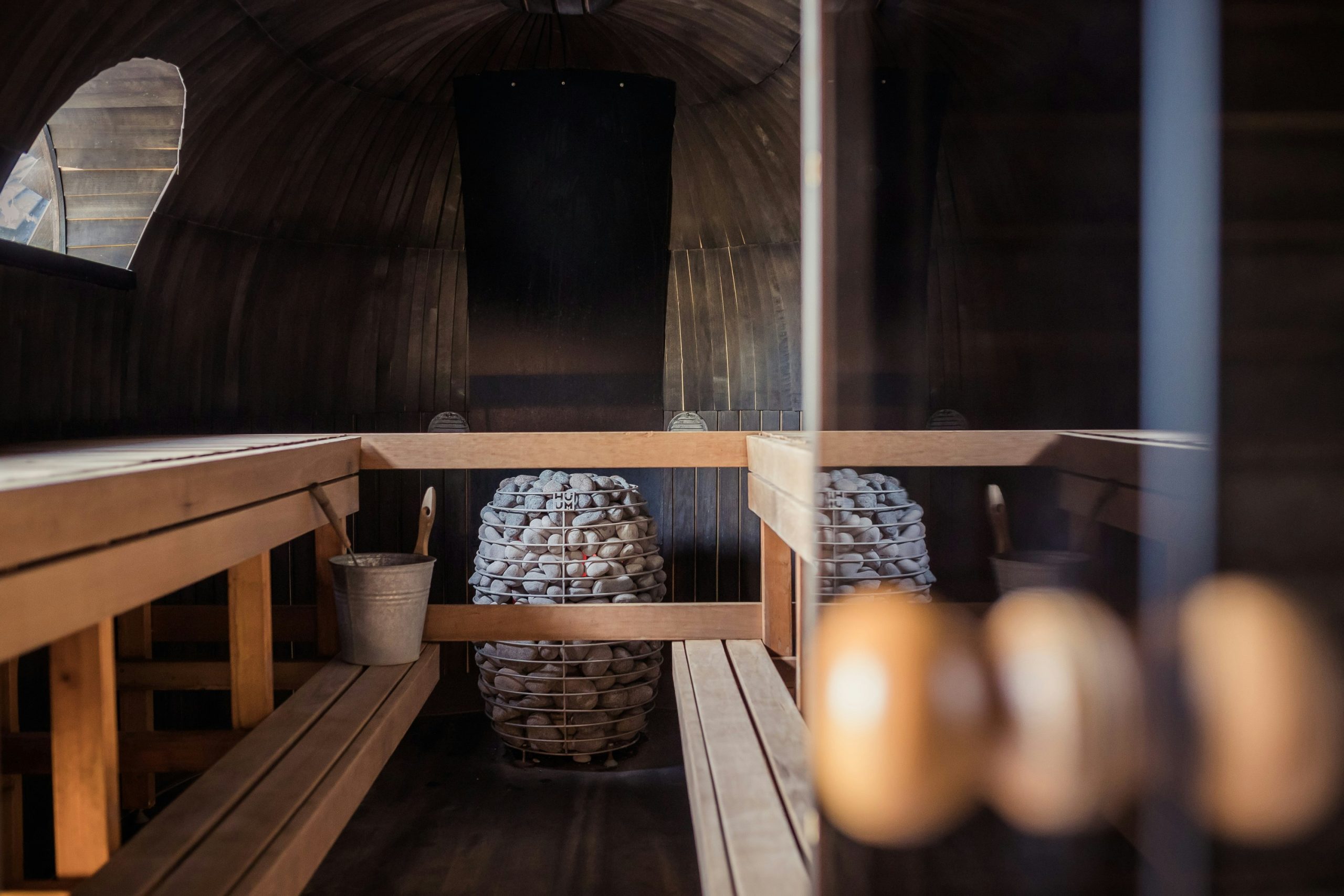How luxury travel is shaping for the future
The luxury sector, be it handbags or private jets, has seen incredible growth and record breaking revenue over the last two years. The post lockdown splurge has been in full swing, and with that, luxury travel brands are looking at ways to reinvent themselves or provide unique, exclusive experiences to their customers.
But what is driving this surge in travel and how does it impact the luxury travel industry?
There can be two aspects to look at to uncover what’s been influencing this change, one is based on monetary gain and the rise of assets to all time highs, while the other is around culture and how social activity has been bubbling away that has influenced consumer choices.
It’s no surprise that while interest rates have remained high across the board for many countries in the USA, UK and Europe, stocks on the S&P 500 and real estate assets have hit all time highs. As such some savvy investors have made some serious profits in this asset boom, leaving them with some disposable income to either re-invest or simply go and enjoy.
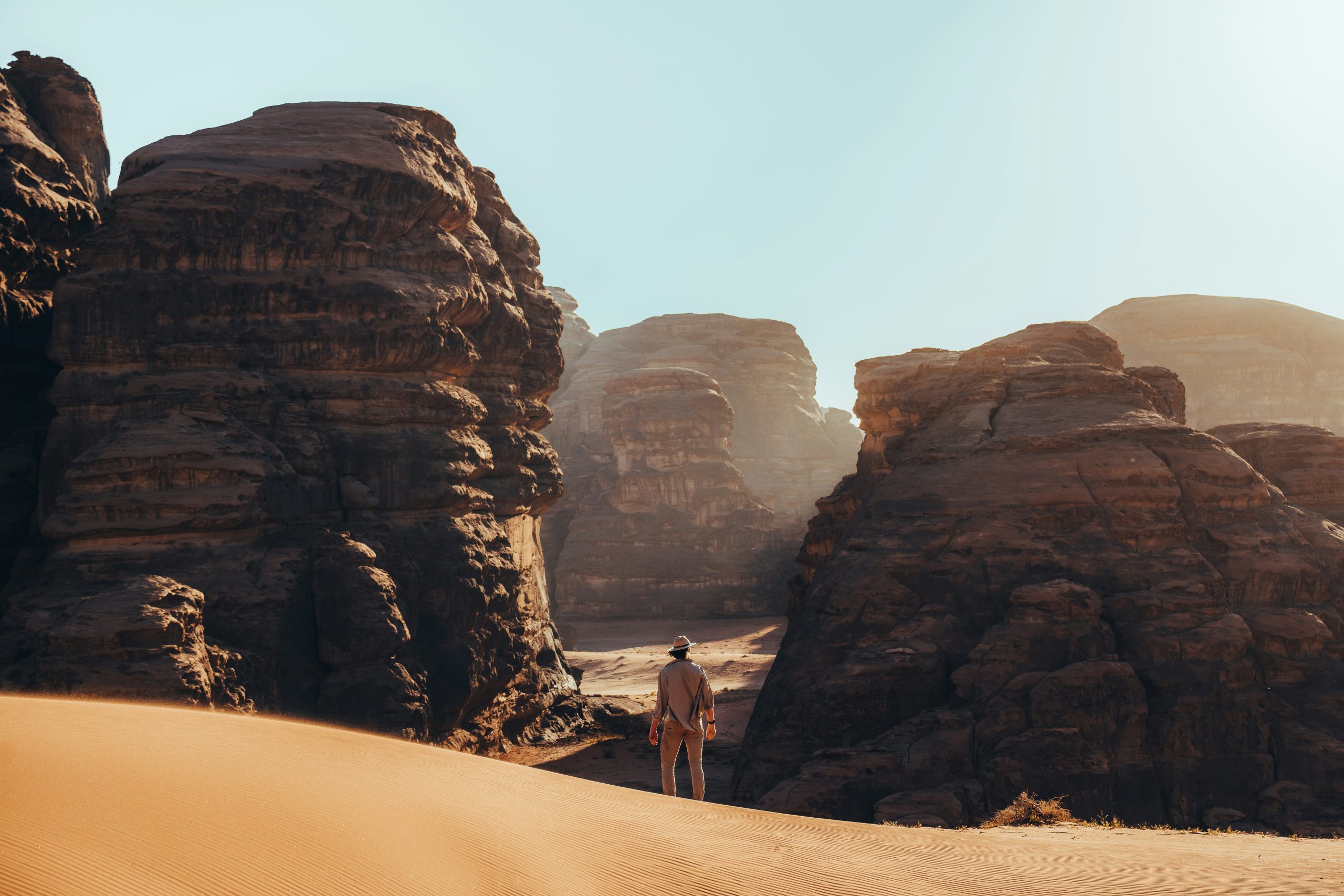
But at a cultural and consumer behavioural level, what’s causing people to spend that prized money on travel?
Millennials and Gen-Z are at the pinnacle of this change, they are starting to value immediate experiences over long term material things. The surge of living costs and the rising age for ownable assets such as getting on the housing ladder drives this generation to spend their remaining hard earned cash on experience and digital assets.
This has given rise to the travel industry boom, causing a domino effect for other demographics as well including HNWI and UHNWI.
More travel equals more travel content on social media and the spotlight from influencers and creators are also influencing different demographics with higher disposable incomes. From luxury pop-ups on the Italian coast to champagne sipping in the Swiss Alps, the only difference is the level of service, exclusivity, and cost. The motive and sentiment remain the same.
Let’s explore some of the hottest trends happening in the luxury travel landscape right now:
Private Jet Travel
This seems to be a trend that won’t stop any time soon, if anything we might need more rubber for wheels! While airlines have been struck with parts falling out of the skies, trust and reliance becomes a huge factor for people. It’s not just about getting somewhere fast and luxuriously, but also getting there in one piece.
Private jet manufacturers are recording huge sales, with a variety of jet companies being approached by individuals and businesses regarding hiring or purchasing a chartered jet. These options provide flexibility to those who are looking for a winter sun getaway or simply hopping over for business meetings.
This trend is even reflected by Google search trends, with ‘private jet’ searches at a 5 year high.
Clients who want to fly via private jet tend to be HNWIs with busy schedules who want a less stressful flying experience. However, it’s not just the 1% of society on the planet placing their money to get on a chartered flight. There has also been an upswing in clients who aren’t quite at the HNWI level yet.
“I've talked to several advisors who have had success selling private jets to groups of families travelling together who then share the cost. Especially if they were planning on front-of-the-plane travel, it could be an easy sell.”
Families and avid travellers are considering the idea of chartering a private jet, whether that’s hot seating and paying one way trips or grouping together with partners and friends.
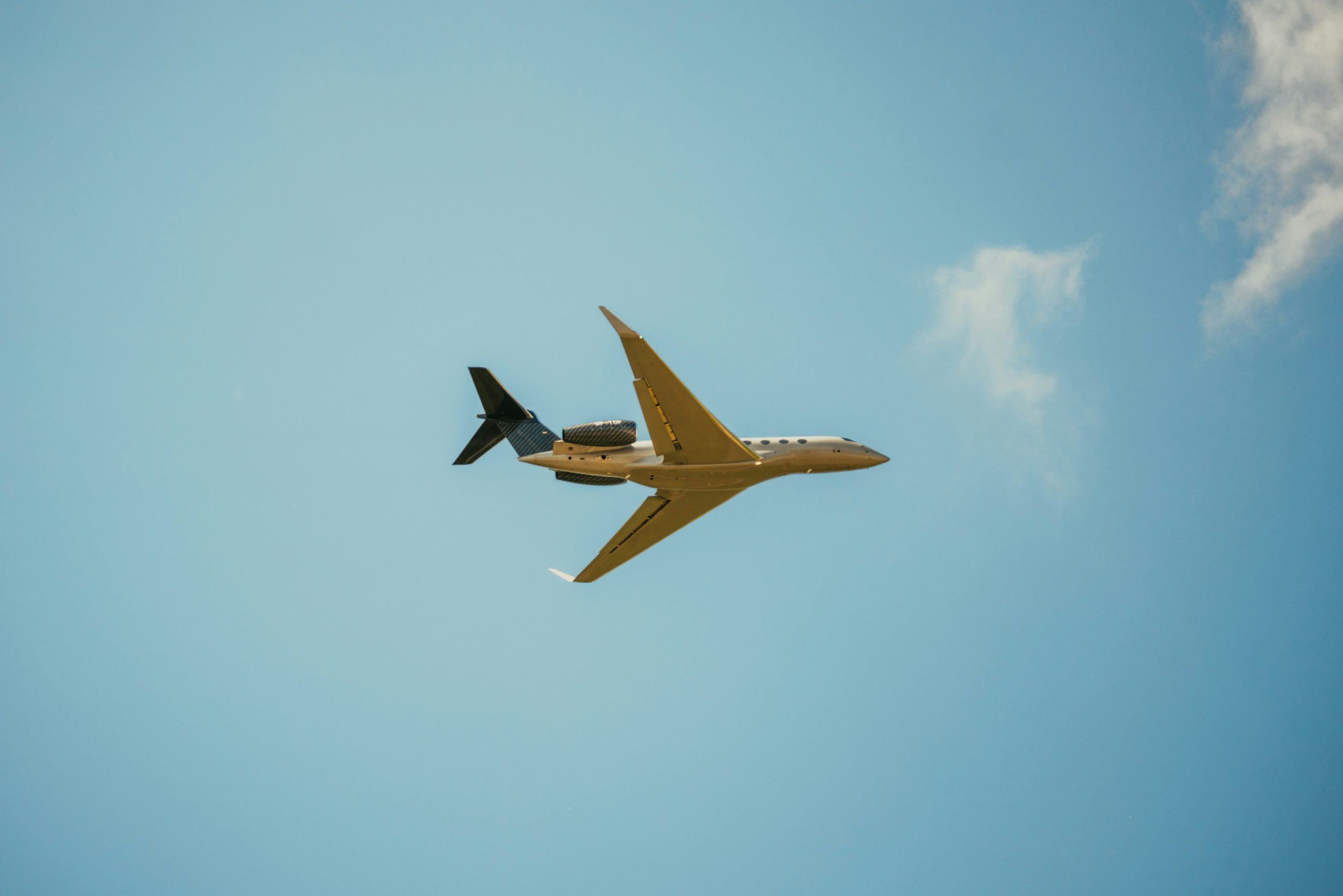
Digital Innovation
The new luxury landscape is embracing digital transformation: from virtual reality, IoT-enabled in-room preferences to customer focused apps. It has helped luxury brands craft personal and customised guest experiences that go beyond just checking-in for hotels or simply having a loyalty card app.
Luxury hotels are one step closer to customisation with smart lighting, climate control and voice activation being incorporated into hotel rooms and suites. Order room service from the comfort of the bath, no need for the long extension cord from the phone. Through the ease of a finger tap on their phone or voice activation, customers can learn more about what’s on the menu, or reserve a pool side bed for tomorrow morning. Allowing travellers to control and customise their environment remotely, companies are trying to enhance the overall guest experience and speed of service.
But brands are taking one step further with the integration of AI. Luxury travel firms and high-end travel agencies are investing in advanced AI booking software.
The check-in process is being revamped – luxury hotels complementing concierges and chauffeured cars with AI chatbots. While the pace of technological change is affecting our everyday habits, it’s also redefined customer expectations. No queues or waiting times are becoming the standard expectation, as technology-driven services are often at customers’ fingertips, the expectation is for the service to be provided there and then. The only way companies can act at this speed is through the rise of digital and AI, giving customers lightning fast results.
“Luxury travellers show a strong preference for the integration of digital and mobile tech into each step of a journey—from planning and booking through onsite and post-travel experiences.”
AI algorithms are helping streamline reservation processes, making booking more efficient as well as being more personalised towards the individual. Long gone is the mass booking and everyone eating dinner at the same time. Luxury is what I want, when I want it.
By tailoring recommendations based on individual preferences and past bookings, companies can better anticipate what a customer’s future tastes might be and host new experiences to entice them with. Integrating digital into the ecosystem with an authentic touch can help brands maximise customer satisfaction and long lasting relationships.
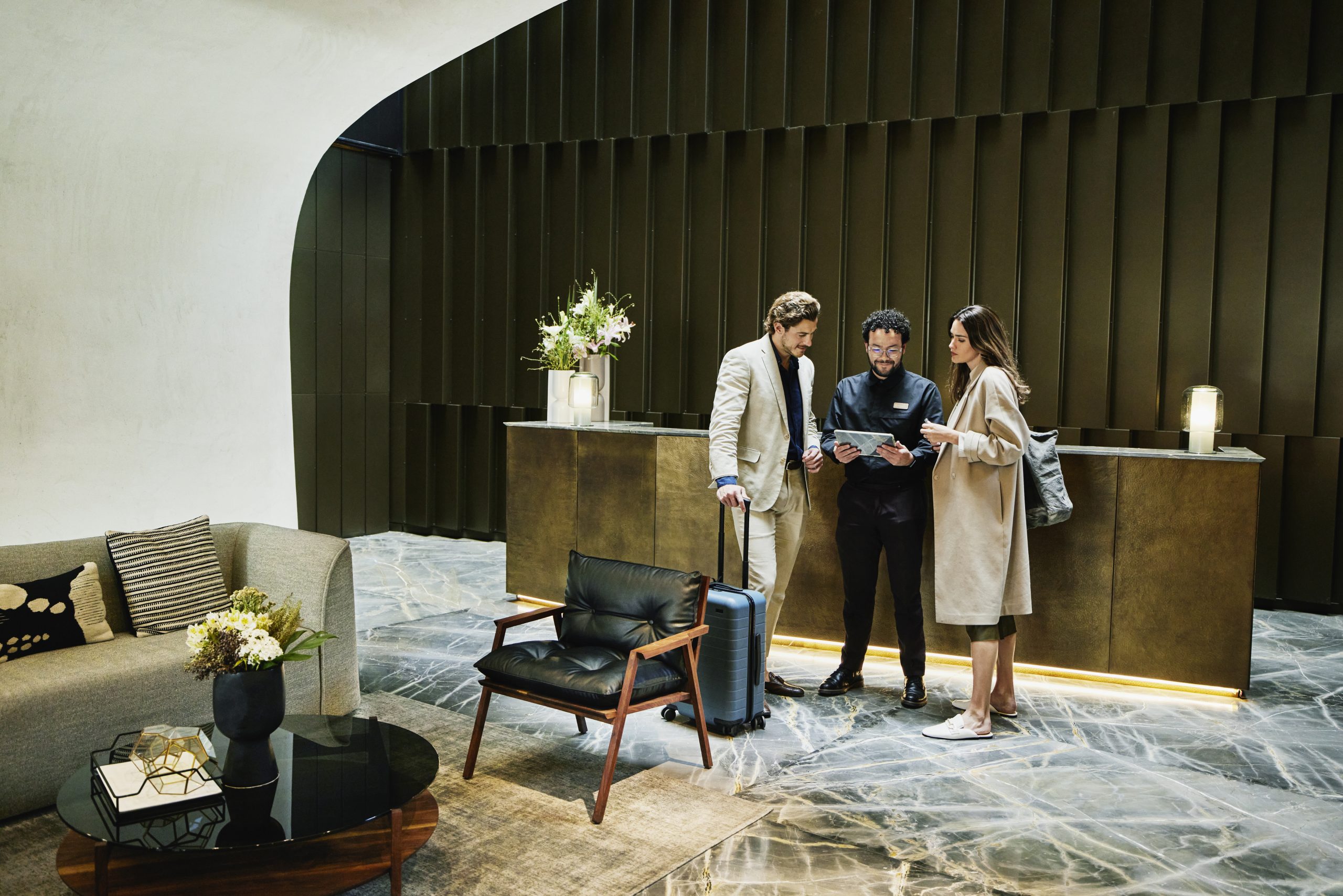
Wellness & Being
Wellbeing has never been more popular, consumers have become a lot more conscientious in this new green world. Electric vehicles, sustainable packaging and clean diets. Customers have become increasingly conscious of what they buy, how it’s been produced and what ingredients they put in their bodies.
From treasured sanctuaries hidden in jungles to serene retreats letting travellers escape their daily lives, these luxury spas and top level medi-clinics offer more than spa massages.
Lanserhof Sylt is a specialised wellness resort situated on the sandy beaches of Denmark. The resort focuses on holistic health, catering to a wide range of patients. A-listers and celebrities book annual stays at the resort where the activities are centred around wellbeing with personalised sessions with dieticians, doctors and therapists. From sunrise beach walks to cathartic psychotherapist sessions and IV therapy, everything you need to bring your body back to baseline.
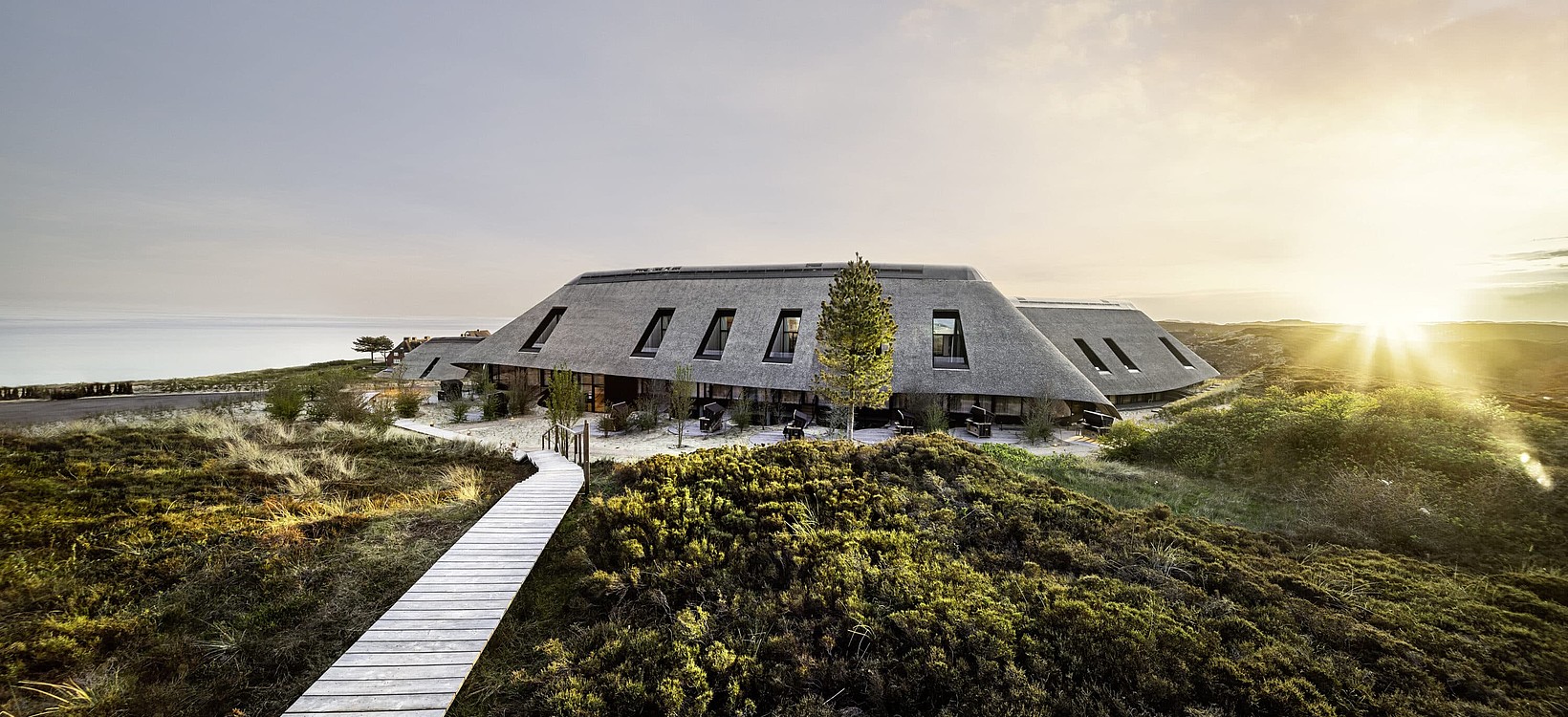
Recovery Lounges
Recovery lounges are self-care sanctuaries that are being integrated into luxury hotel and spa locations. They specialise in helping guests heal and recover from burnout and stress, as well as treating more specific ongoing medical conditions such as injury, chronic ailments or surgery.
“Blackberry Mountain’s innovative Recovery Lab offers treatments from red-light therapy to facial scraping. It underscores a broader industry trend towards wellness that's personalised and about balance.”
Instead of guests having to choose between a week away on a sunny beach in the Maldives or a rehab stay in Switzerland, they can blend these options into one luxury holiday experience where they also receive specialised care.
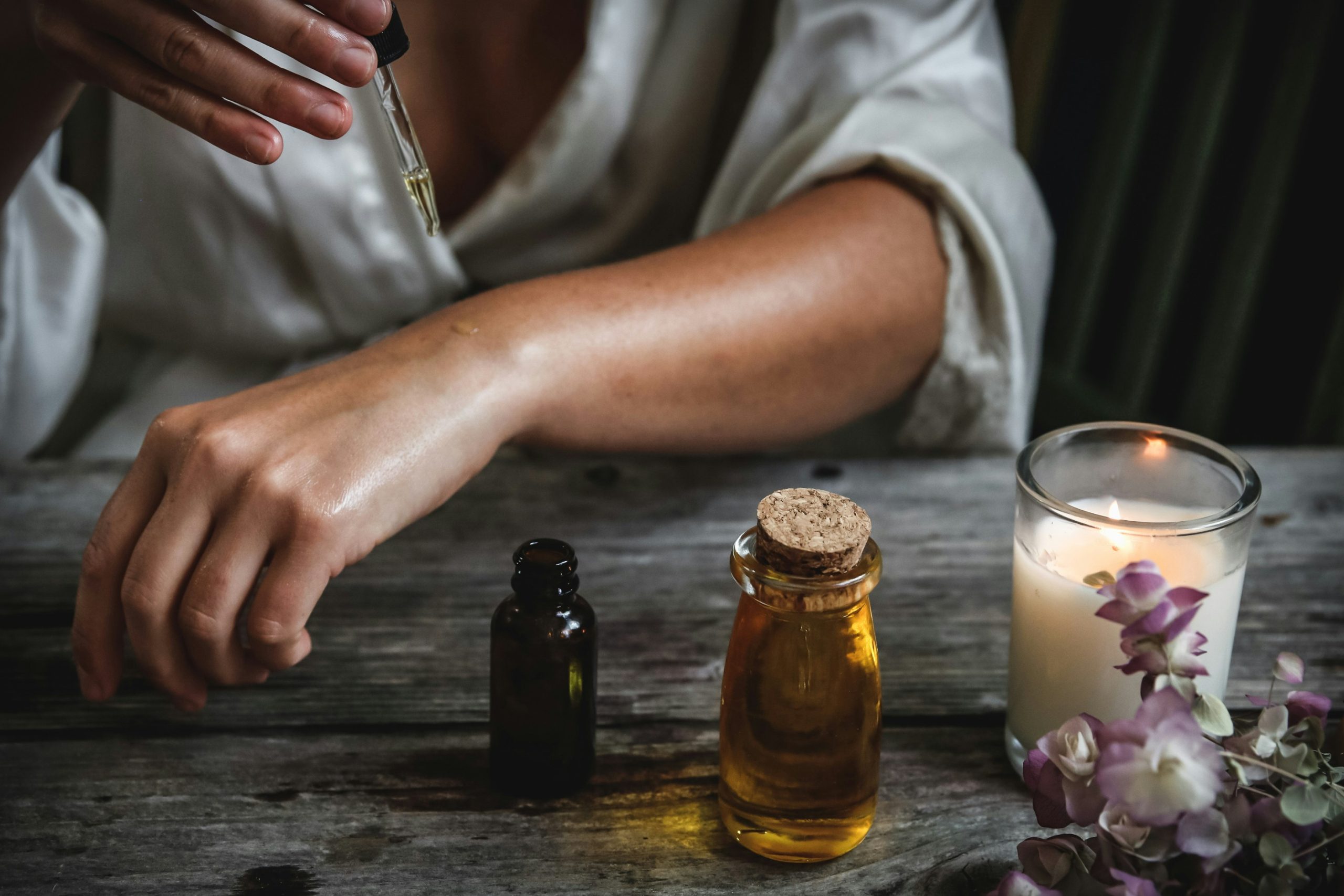
Sleep Tourism
Sleep Tourism is a new trend where hotels offer sleeping spas that focus on providing uninterrupted REM sleep to their guests. These luxury experiences diagnose sleep issues and ensure that guests get a good night’s rest that goes beyond what they could expect at home or at any other hotel. It creates an opportunity for travellers to reset, break from their usual routine and offset any lingering stress or burnout.
One such retreat is Six Senses in Ibiza. It offers a sustainable sleep routine which includes a consultation with the resident sleep doctor and a mix of yoga nidra, fitness classes and sleep amenities that track your sleep throughout the duration of your stay.
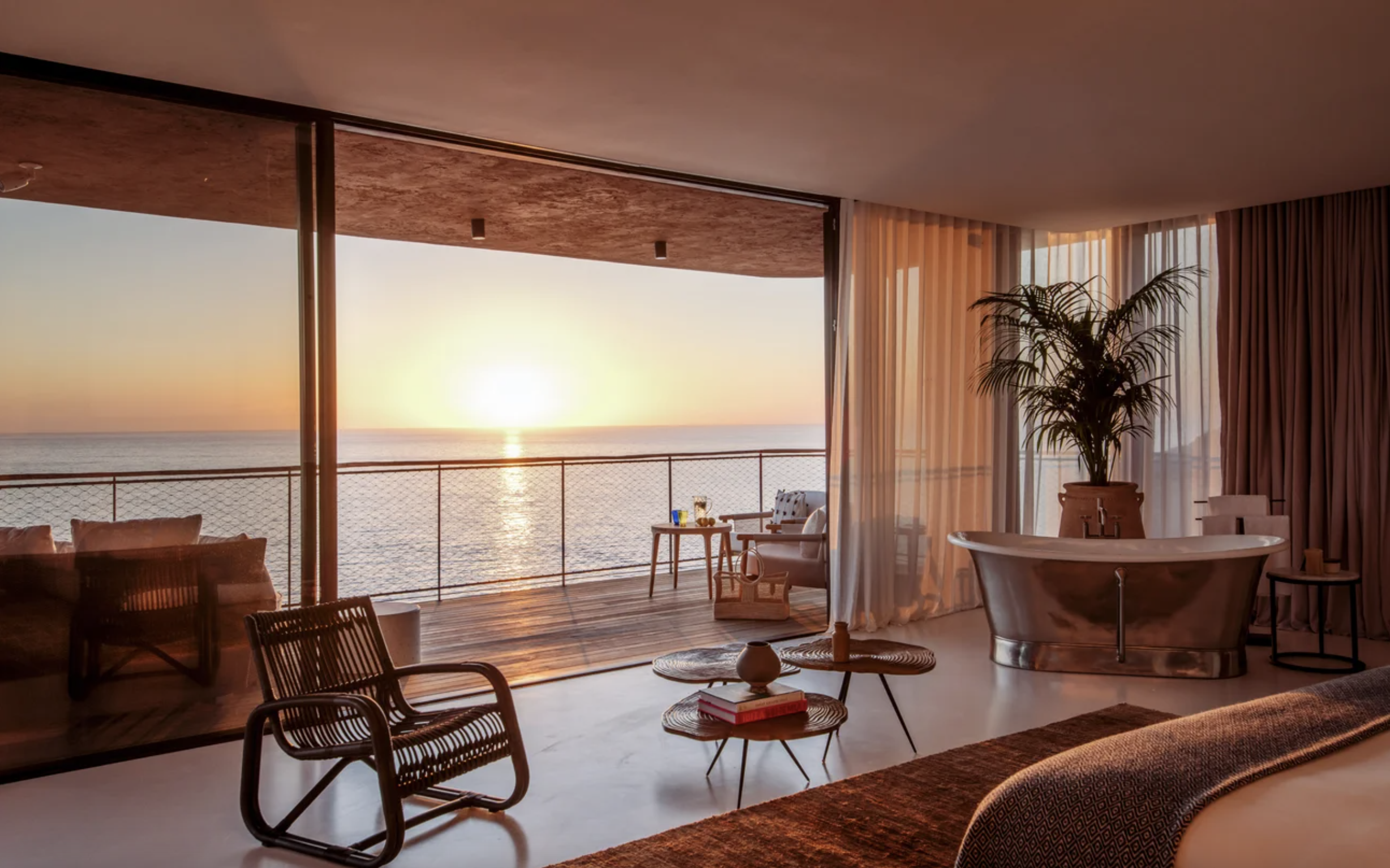
The New Frontier of Luxury Travel
As the luxury travel scene transforms, it’s driven by a surge in wealth and a generational pivot towards prioritising experiences over possessions. This shift is shaping a new breed of travellers, those seeking unique, immersive experiences, powered by the latest in digital innovation and a renewed focus on wellness.
The industry is adapting by offering exclusive, customisable options like private jet journeys and digitally enhanced hotel stays, making luxury travel more personal and accessible. The rising trend of wellness, from recovery lounges to sleep tourism, caters to the growing consumer desire for health and rejuvenation as part of their travel experience.
For marketers in the luxury travel sector, this evolution presents a unique set of opportunities and challenges. The emphasis is on creating compelling, personalised experiences that resonate with younger generations and reflect their values.
Marketing strategies now need to highlight exclusivity, personalisation and wellness, leveraging digital platforms to engage and inspire potential travellers. The future of luxury travel marketing lies in understanding these changing consumer preferences and crafting narratives that connect on a deeper level, turning every journey into a story worth telling.
Image Source & Insights Credits:
- Header Image: huumsauna
- Private Jet Insights & Quote: F1S Advisors
- Digital Innovation – Deloitte 2023 Luxury Travel Report
- Lanserhof Sylt Spa: harischhotels.com
- Six Senses Ibiza
